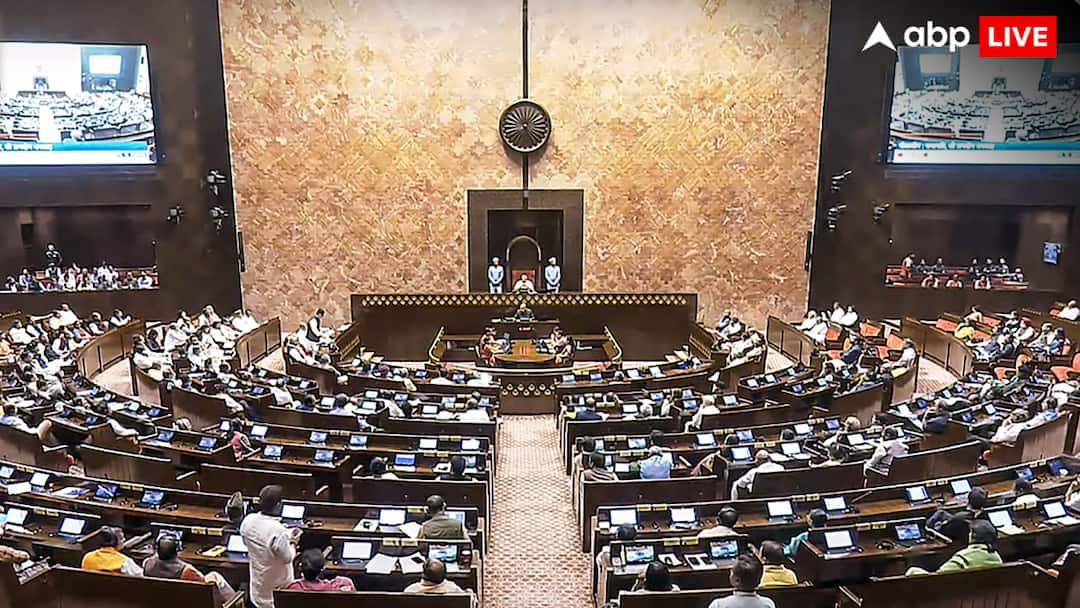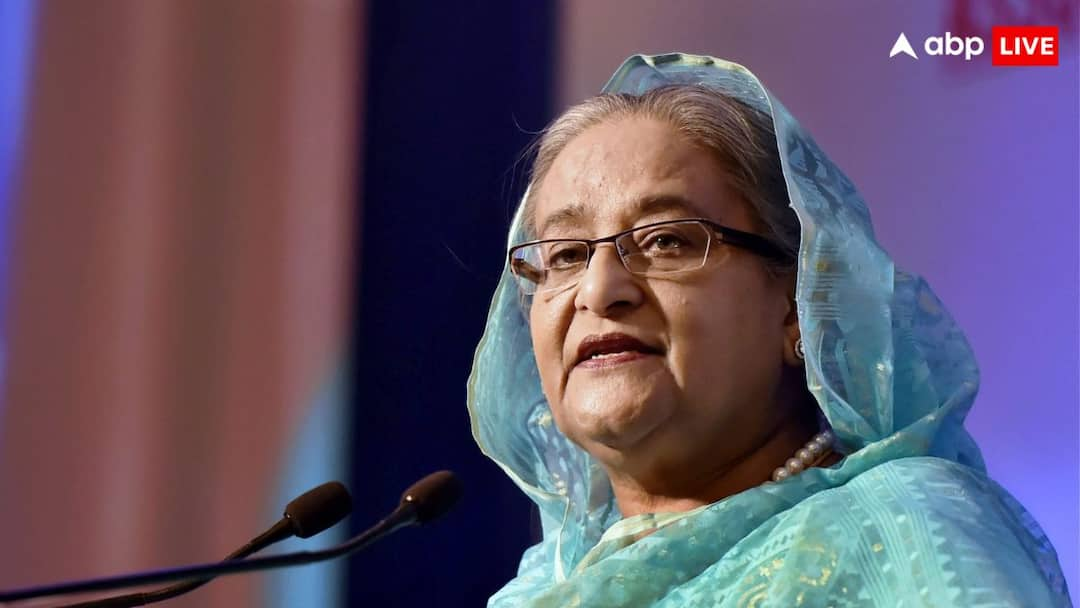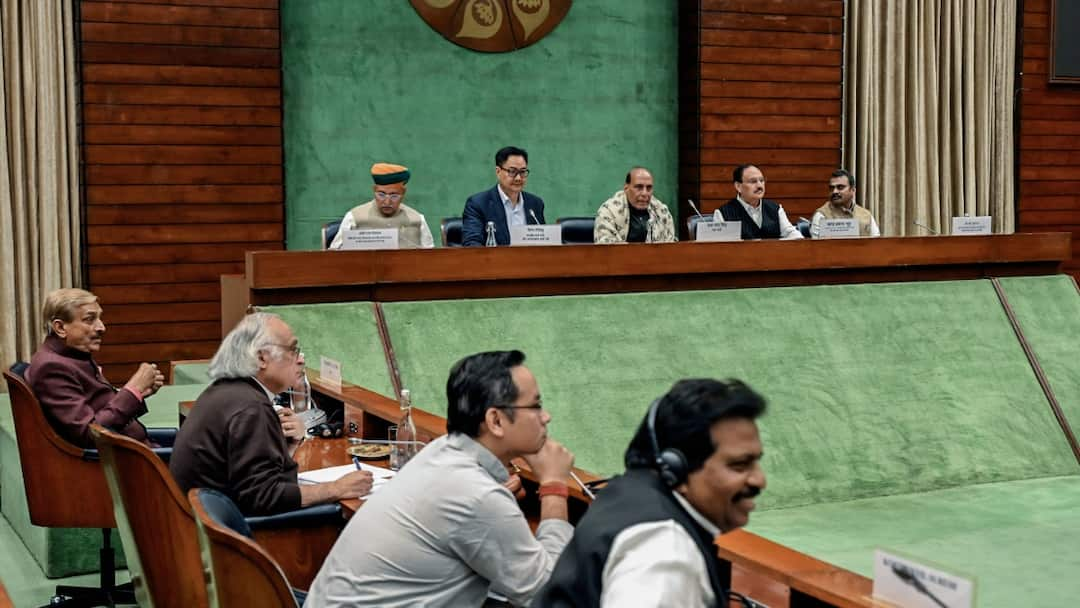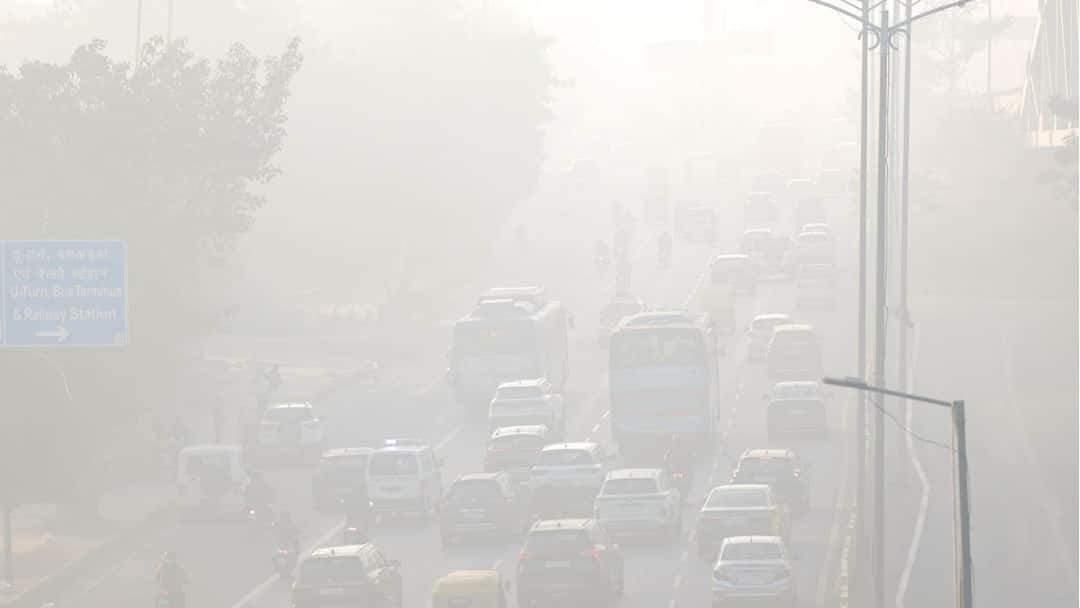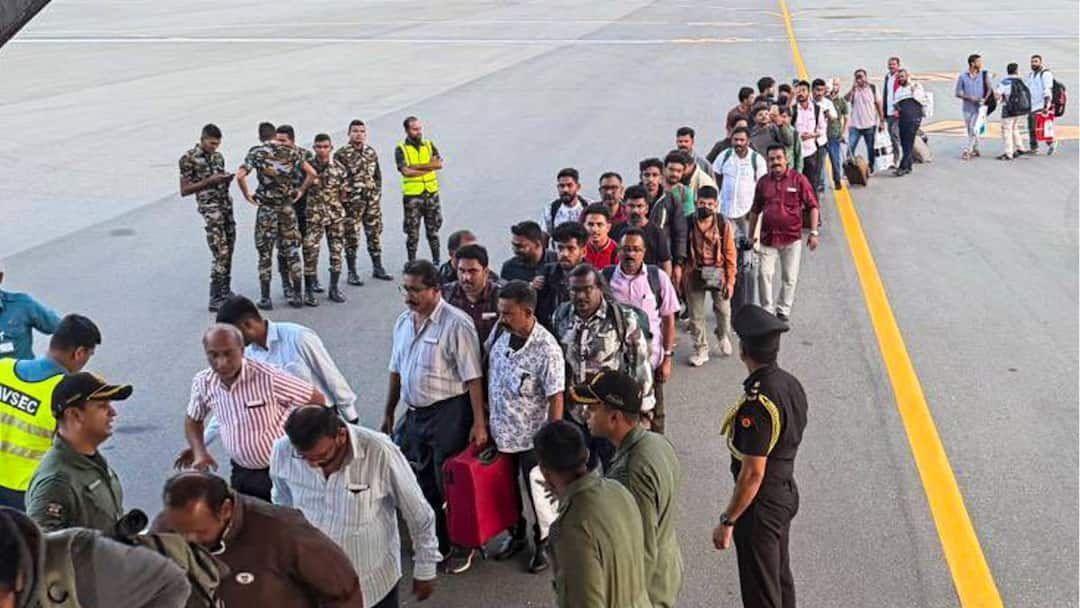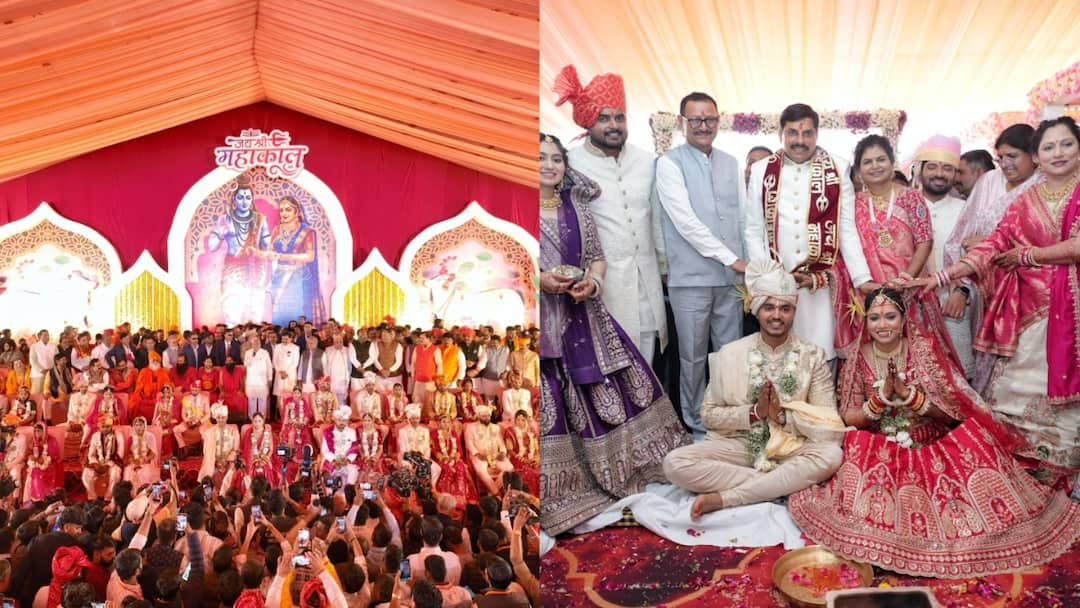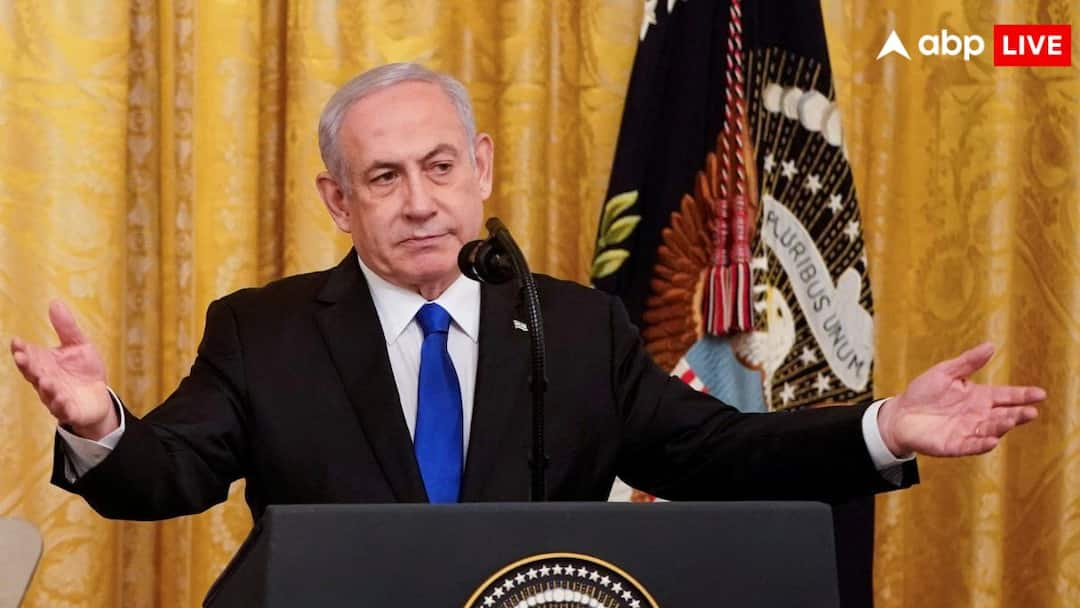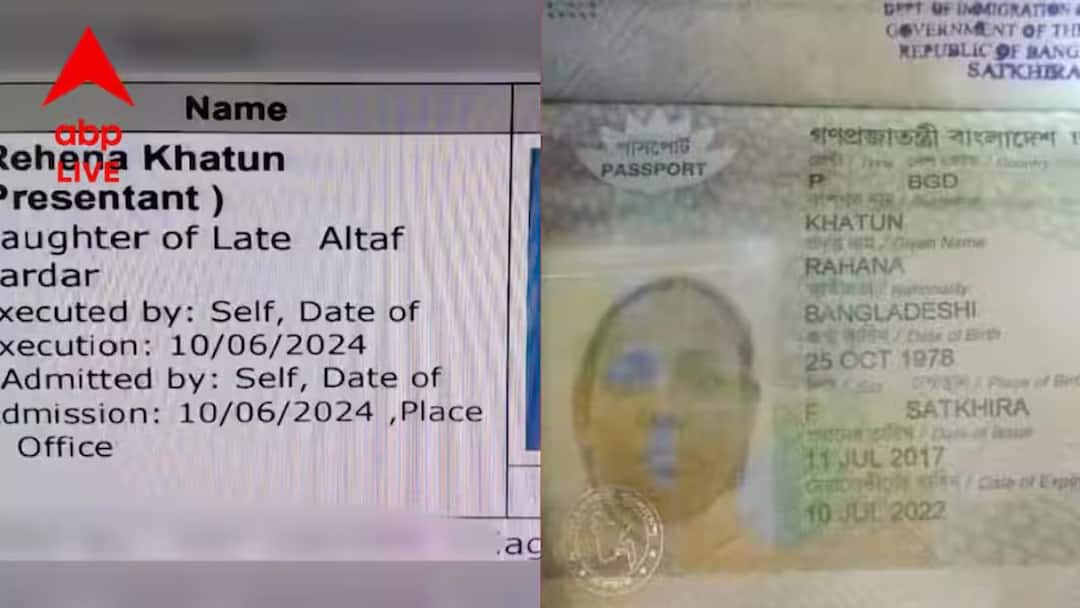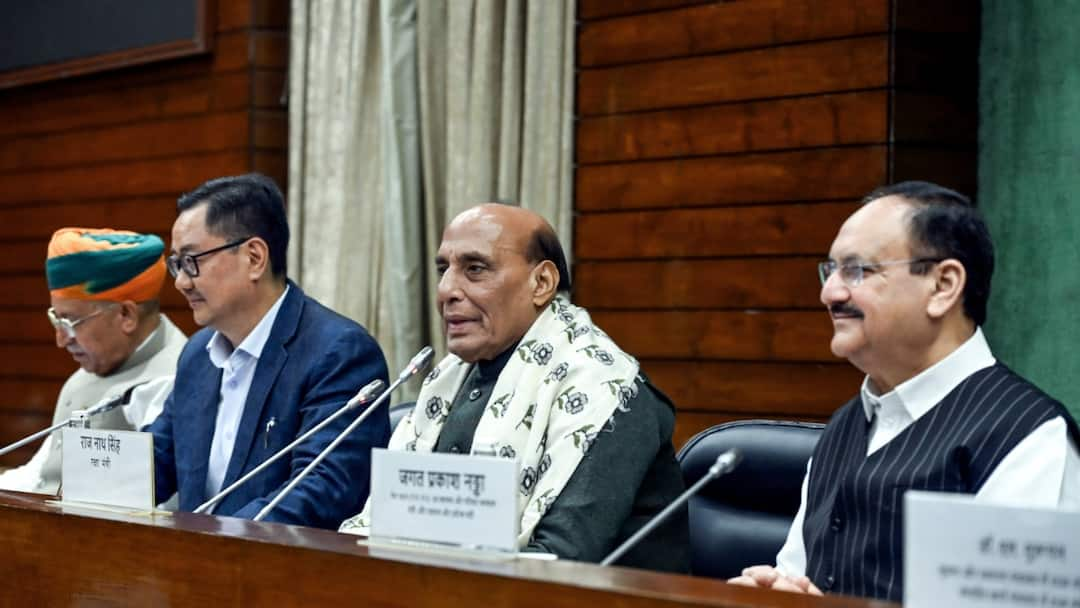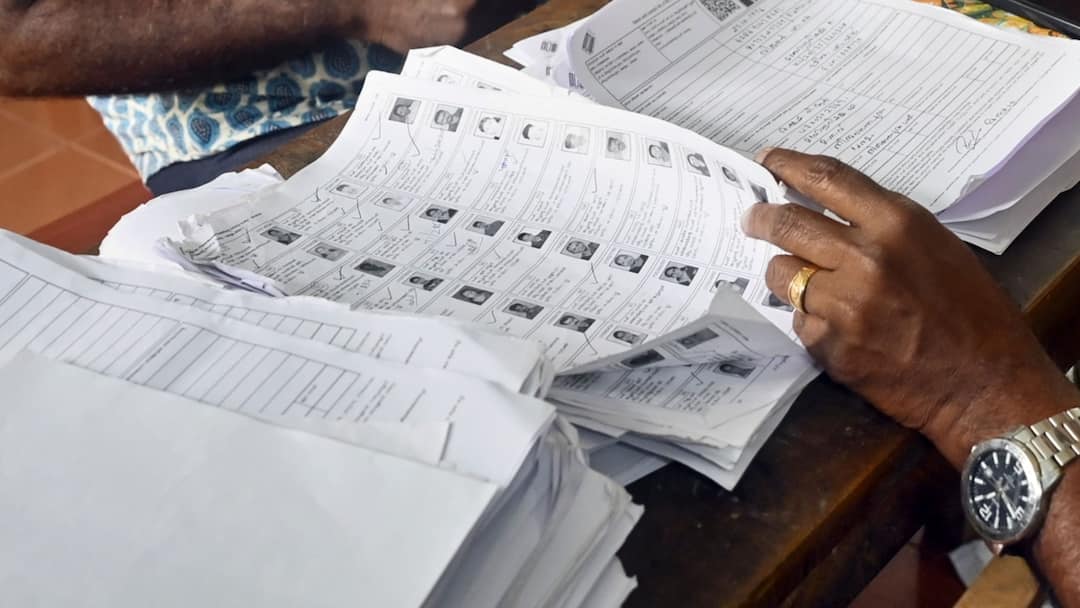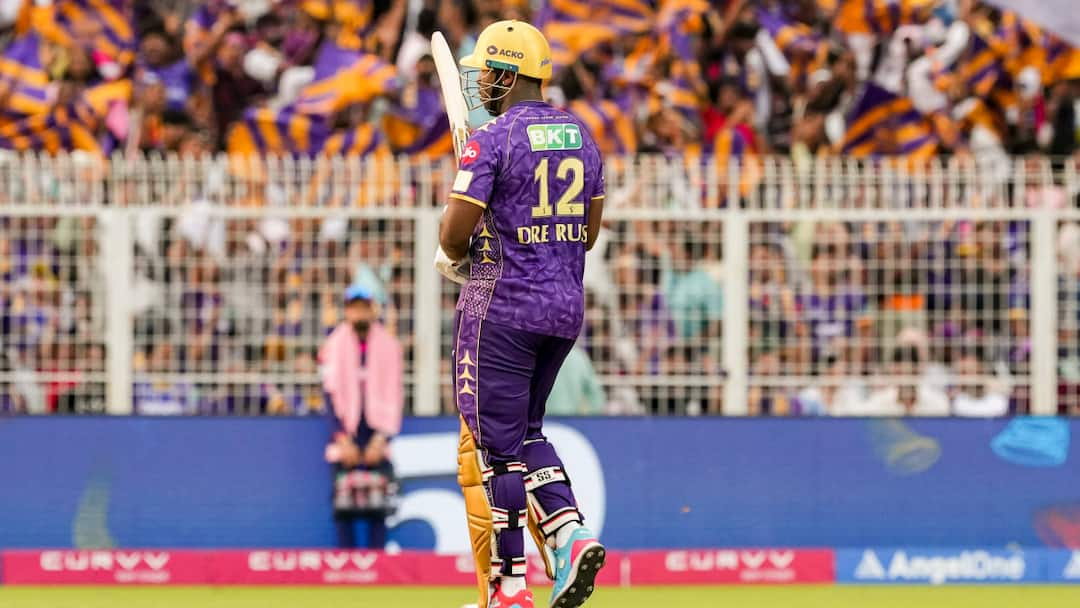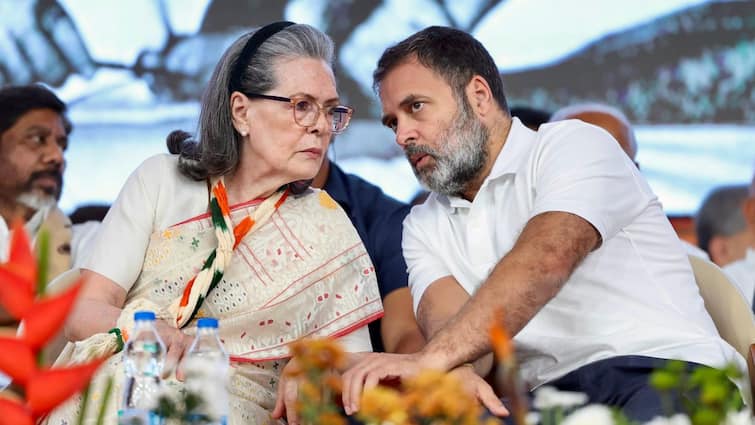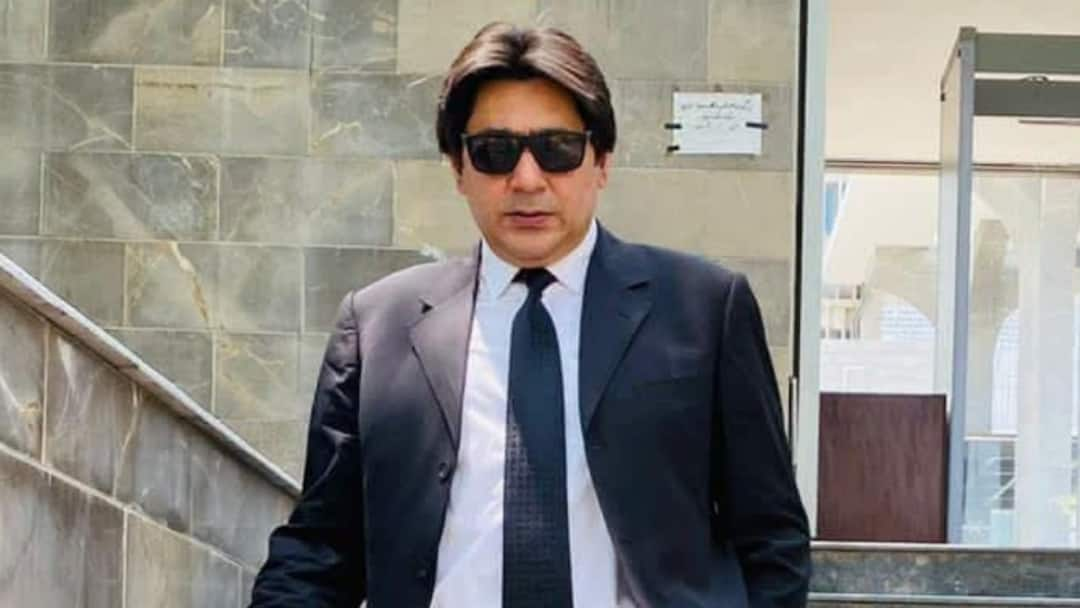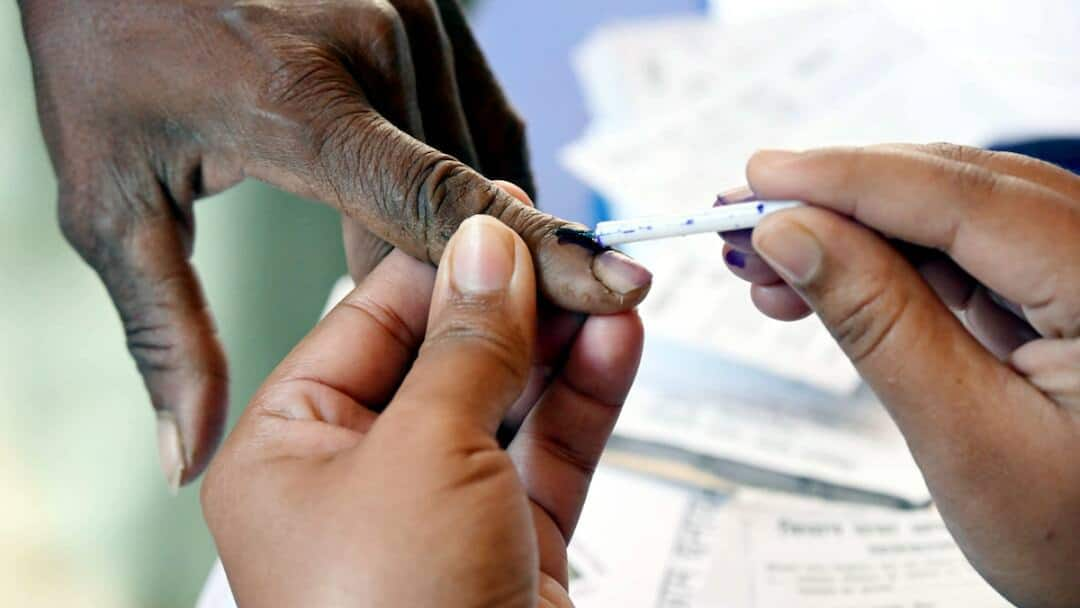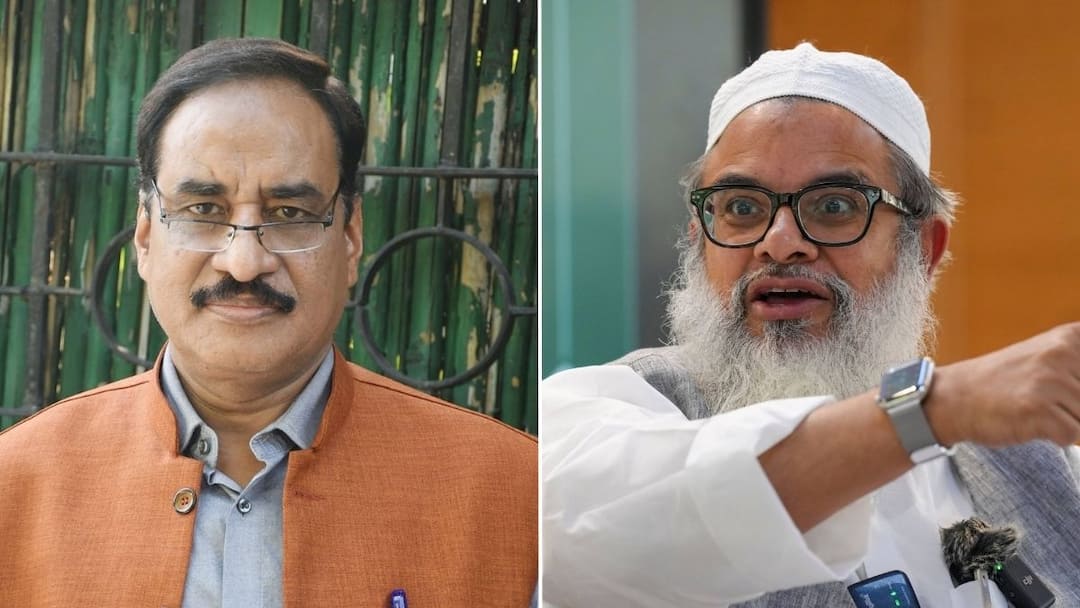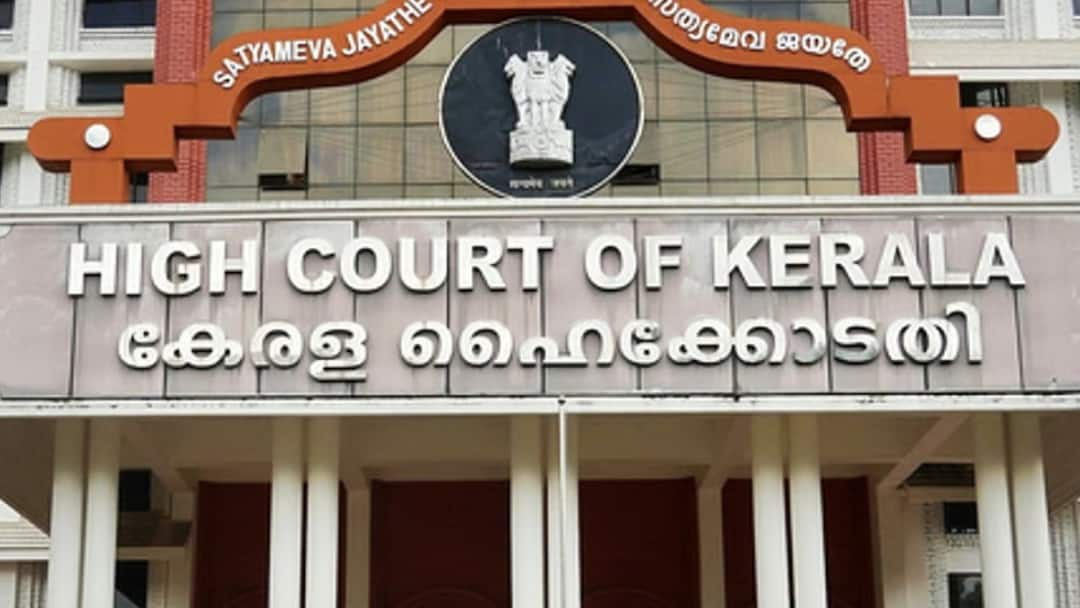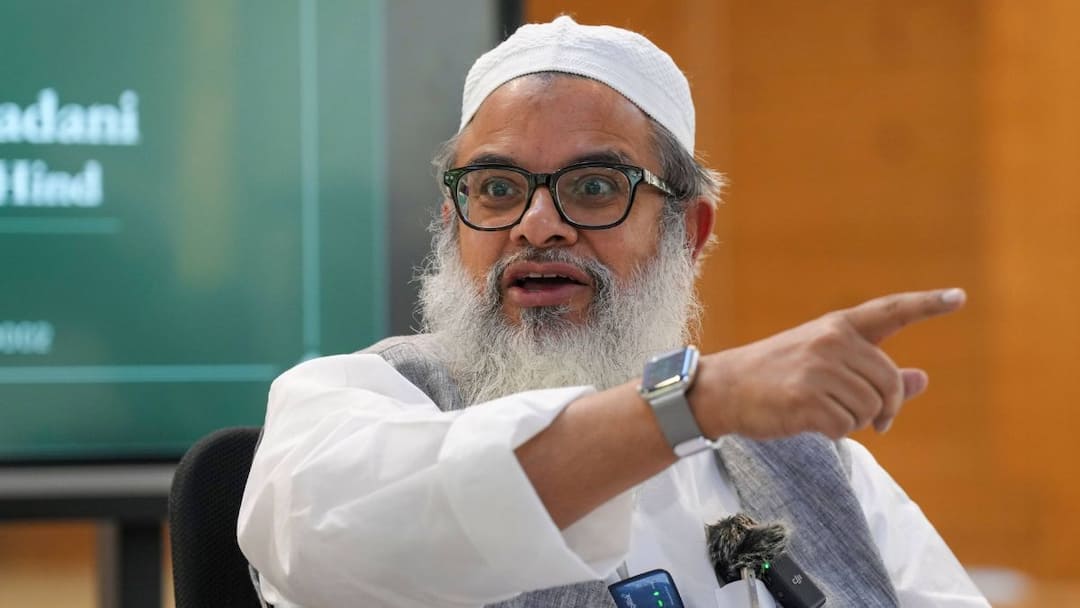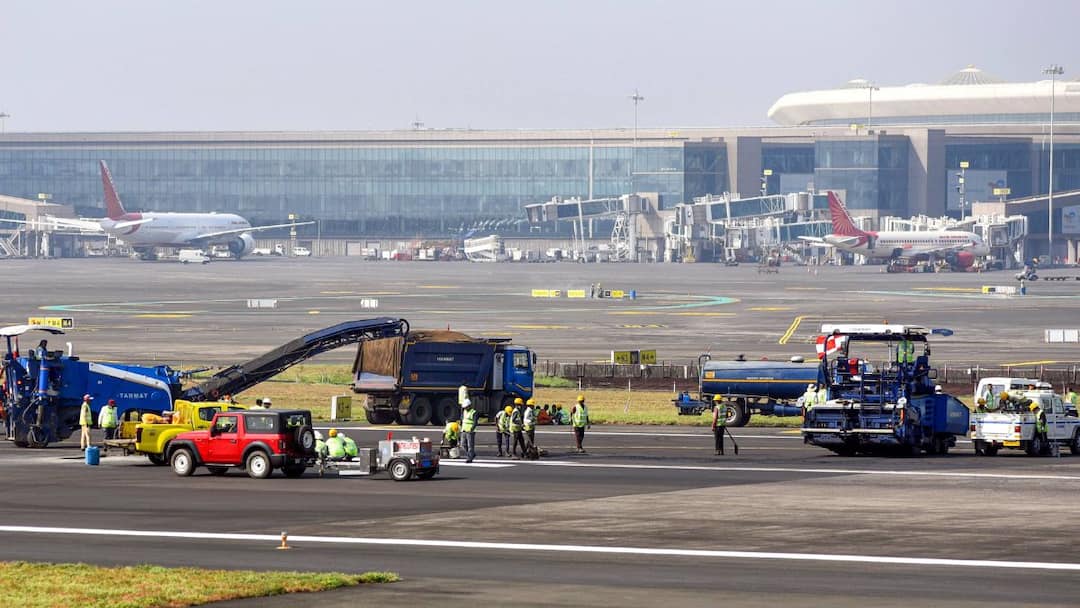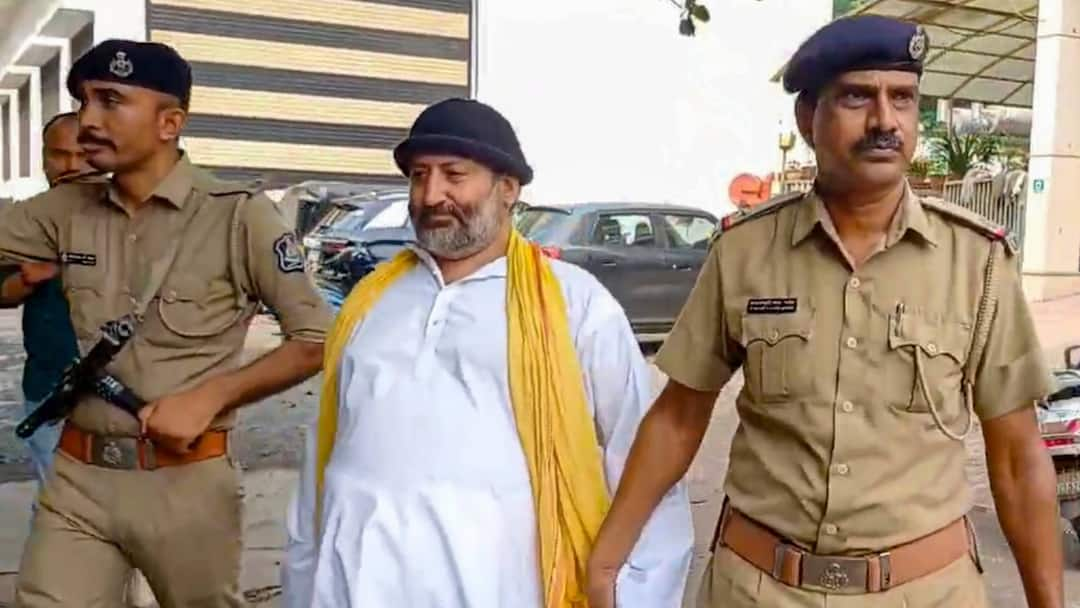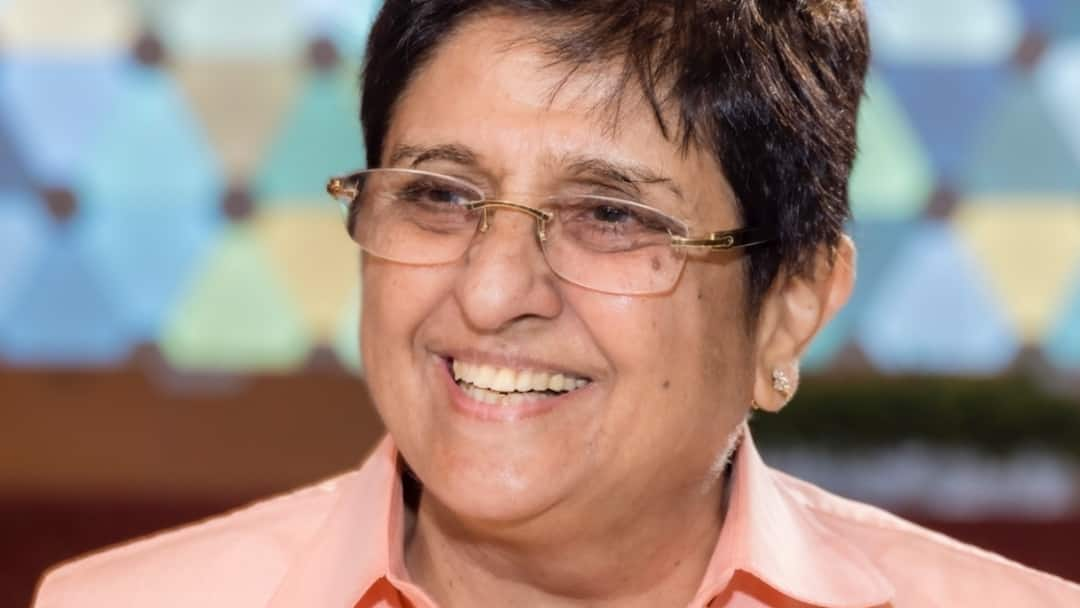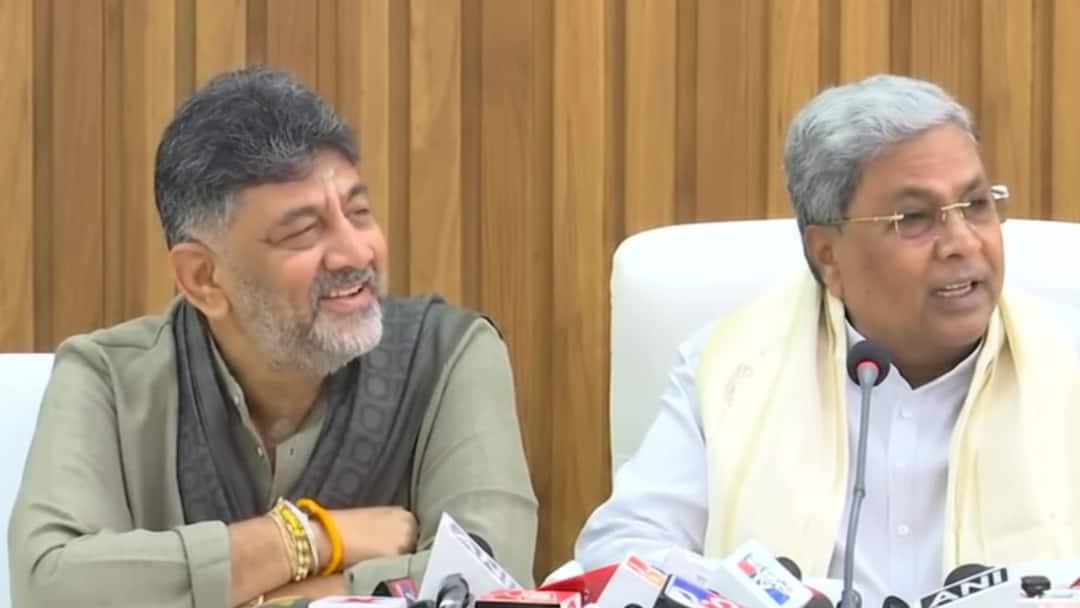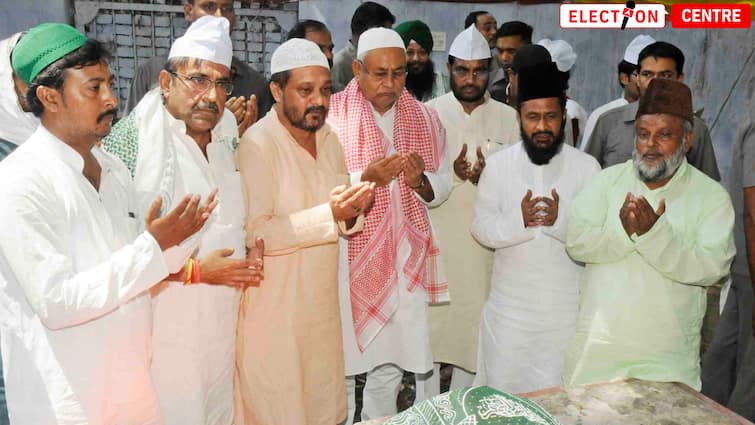
Bihar Assembly Election: Bihar politics has always been closely intertwined with the ‘MY Factor’ — the ‘Muslim-Yadav Factor’. This year, it seems the Muslim vote factor will be ever more important in light of the passage of the Waqf (Amendment) Bill in both Houses of Parliament. The Bill was eventually signed into law by President Droupadi Murmu on Saturday evening.
The impact of the Waqf Bill is already being felt in Nitish Kumar’s Janata Dal (United), with three Muslim leaders resigning from the parties. While Mohammad Qasim Ansari from East Champaran, Nawaz Malik from Jamui, and Mohammad Tabrez Siddiqui resigned on Thursday, Raju Nayyar and Nadeem Akhtar quit the party on Friday.
#BREAKING | वक्फ संशोधन बिल को मिली राष्ट्रपति की मंजूरी, सरकार ने जारी किया नोटिफिकेशन
@journopriti | https://t.co/smwhXUROiK#BreakingNews #WaqfBill #WaqfBill2025 pic.twitter.com/e9r8LZwdjz
— ABP News (@ABPNews) April 5, 2025
Resignations In JD(U) Over Nitish’s Support To Waqf Bill
Nitish Kumar’s support to the Waqf Bill seemed to have riled up the leaders, who resigned to register their anger. Mohammad Qasim Ansari claimed to have been the president of JDU’s medical cell in East Champaran, Nawaz Malik the secretary of JDU’s minority cell, and Mohammad Tabrez Siddiqui the state general secretary of JDU’s minority department.
However, JD(U) spokesperson Rajeev Ranjan denied that they held any post in the party. “The three Muslim leaders who resigned have nothing to do with JDU, nor have they been office bearers. Leaders like MLC Ghulam Gaus and JDU national general secretary Ghulam Rasool Baliyawi are standing with the party,” he said.
“Nitish Kumar is with the Waqf Bill. This is a guarantee of transparency and fairness. This bill is a ray of hope for the poor,” he added.
Several other local leaders have resigned from the party since JD-U’s official support to the Waqf Bill.
#WATCH | नीतीश के ‘मुस्लिम मित्र’…वक्फ समर्थन का ‘चित्र’
देखिए ‘जनहित’ रोमाना ईसार खान (@romanaisarkhan) के साथ https://t.co/smwhXURgtc#JDU #WaqfBill #Bihar #Politics pic.twitter.com/k7MCu6MJkz
— ABP News (@ABPNews) April 5, 2025
Why The Muslim Factor Matters In Bihar
Bihar has a 17.7% Muslim population. Considered one of the most backward states in India, Bihar’s Muslims have traditionally stayed away from the NDA (with the exception of 2010) and sided with the Lalu Yadav-led RJD and allies. Yadavs, too, are a strong vote base for the RJD.
ALSO READ | Madhubani Saree To New Airports — Nirmala Sitharaman’s Budget 2025 Has Bihar Election Written All Over It
The Muslim and Yadav voters were the driving force for the Mahagathbandhan in Bihar in the 2020 elections. The deciding factor in the 2020 elections was seemingly the Dalit vote bank, which, according to several analyses at the time, swung at the last minute to give the BJP-led NDA an edge. However, what made the Opposition understand the importance of Muslim votes even more was the splitting of the community’s votes.
The Asaduddin Owaisi-led AIMIM, which had failed to secure even a single seat in the 2015 elections, bagged 5 seats five years later, courtesy of its Muslim candidates. The Congress immediately blamed the loss of the Mahagathbandhan on AIMIM, accusing it of splitting Muslim votes.
#WATCH | वक्फ पर नए समीकरण, अभी बाकी है रण?@aparna_journo | | https://t.co/smwhXURgtc#WaqfBill #WaqfAmendmentbill #WaqfBoard pic.twitter.com/CY8PCd2gMJ
— ABP News (@ABPNews) April 5, 2025
Is The Muslim Force Dwindling In Bihar?
The maximum number of Muslim MLAs in Bihar was seen after the 1985 assembly elections when a total of 34 MLAs were sent to the Assembly. In the next elections, however, Muslim MLAs saw a drop, with only 20 MLAs making it to the assembly.
In 2020, Bihar elected 19 Muslims to the assembly, whereas in 2015, the state sent 24 representatives from the community. However, in 2010, too, the community had 19 representatives. In the elections before that in 2005, 2000, and 1995, Muslim MLAs in the Bihar Assembly numbered 16, 29, and 19, respectively, according to news website Aaj Tak.
So, it would be wrong to write off the Muslim factor as dwindling.
#WATCH | वक्फ पर नए समीकरण, अभी बाकी है रण?@anchorjiya | | https://t.co/smwhXURgtc#WaqfBill #WaqfAmendmentBill #WaqfBoard pic.twitter.com/Q33qsVJfYT
— ABP News (@ABPNews) April 5, 2025
How Parties Fared In Muslim Representation In 2020 Bihar Assembly Elections
A total of 19 Muslims won the elections in 2020. While Lalu Prasad’s RJD had the highest number of Muslim MLAs, Nitish Kumar’s JDU had none. Here’s how various parties were represented by Muslim candidates and how they fared:
Congress, which fought the 2020 assembly polls as part of the Mahagathbandhan, had 70 seats in its share. It fielded 10 Muslims, of whom 4 won.
RJD fielded 17 Muslim candidates in its share of 144 seats. Of them, 8 could register victories. CPI (M-L) sent one Muslim to the assembly.
From the NDA, the JDU had fielded 11 Muslim candidates, but none of them could make it to the Bihar Assembly. The JDU contested 115 seats as per its seat-sharing agreement with the BJP.
#WATCH | वक्फ बिल पर जेडीयू में बयानबाजी और तेज
विपक्षी दल नैरेटिव सेट करने में कामयाब रहे-खालिद अनवर @aparna_journo | @_shashankkr | https://t.co/smwhXURgtc#WaqfBill #KhalidAnwar #JDU #Bihar pic.twitter.com/gN14vktkHT
— ABP News (@ABPNews) April 5, 2025
The saffron party, on the other hand, fielded 110 candidates, but none of them were Muslim. In fact, none of the parties in the NDA (other than the JDU) — Jitan Ram Manjhi’s Hindustan Awam Morcha and Mukesh Sahni’s Vikassheel Insaan Party — fielded any Muslim candidate.
The AIMIM, which was part of a third front in alliance with Mayawati’s BSP, Upendra Kushwaha’s RLSP, OP Rajbhar’s SBSP, and the Samajwadi Janata Dal Democratic, managed to send 5 Muslim MLAs. Like CPI (M-L), BSP’s lone winner was a Muslim candidate.
Muslim Population In Bihar
Muslims in Bihar are concentrated mostly in the Seemanchal region. This region covers the Purnia, Katihar, Kishanganj and Araria districts.
Kishanganj is the district with the most Muslims and is the only one with a Muslim-majority population of 68%. The district has four Assembly seats Bahadurganj, Thakurganj, Kishanganj, and Kochadhaman. All these four seats were won by Muslim candidates from AIMIM (Bahadurganj and Kochadhaman), RJD (Thakurganj), and Congress (Kishanganj).
#WATCH | ‘वक्फ’ पर सियासी तकरार…बिहार में पोस्टर वॉर !
देखिए ‘रणनीति’ शीरीन (@Sheerin_sherry) के साथ https://t.co/smwhXURgtc #Bihar #JDU #Politics #WaqfBill #PosterWar #RJD pic.twitter.com/6hzWxPNnwW
— ABP News (@ABPNews) April 5, 2025
Katihar has the second-highest Muslim population of 43%. However, here, Muslim candidates won just two of the seven seats — Katihar, Kadwa, Balrampur, Pranpur, Manihari, Barari, and Korha. The two seats, Kadwa and Balrampur, were won by Congress and CPI-ML (L), respectively. While the former won the highest vote share (23.9%), the latter had the lowest (8.1%), again highlighting the importance of Muslim votes, especially if concentrated.
Araria has a similar Muslim population at 42%. Again, Muslim candidates from Congress and AIMIM trumped candidates from the same community fighting on JD-U and RJD tickets in Araria and Jokihat, respectively. Interestingly, Congress received only 16.6% voteshare whereas the AIMIM raked in a paltry 6.9% of the votes in the district. These shares were much lesser than the JDU and RJD, but the splitting of Muslim votes helped the winners.
Watch | मुस्लिम वोट, नीतीश कुमार के रुख से किसे चोट ?
जनहित @chitraaum के साथ | https://t.co/smwhXURgtc#ChitraTripathiOnABP #NitishKumar #JDU #WaqfAmendmentBill pic.twitter.com/XtZhoIQoSD
— ABP News (@ABPNews) April 4, 2025
Why Nitish Is Risking His Muslim Vote Base
Nitish Kumar, referred to as ‘Palturam’ by his critics for his fickle loyalty to any alliance, has successfully held on to the CM’s chair for nearly two decades. While Nitish’s pro-Muslim initiatives and the reopening of the Bhagalpur riots case did earn him significant Muslim support in 2010, he lost all support a decade later due to his frequent cuddles with the BJP and the JDU’s support to the Citizenship (Amendment) Act.
In 2020, 77% of Muslims voted for the Mahagathbandhan sans Nitish, according to a study by Carnegie Research. Nitish now seems to have realised that the Muslim-OBC-EBC equation would work for him in assembly elections only if he is with Lalu Yadav. The BJP, which has had 1 Muslim MLA (2010) in the Bihar assembly so far, has consolidated its upper caste votes.
दर्शक का सवाल, ‘वक्फ बिल से बीजेपी के घटक दलों में सबसे ज्यादा नुकसान नीतीश कुमार को ही होना तय है?’ सुनिए क्या बोले कांग्रेस प्रवक्ता अजॉय कुमार
‘सीधा सवाल’ संदीप चौधरी के साथ | https://t.co/smwhXURgtc#WaqfBillAmendment #SeedhaSawal #SandeepChaudhary @drajoykumar pic.twitter.com/tF5St1akIS
— ABP News (@ABPNews) April 4, 2025
With the AIMIM emerging as a significant challenge in Bihar, Nitish is aligning more with the BJP’s strategy of consolidating non-Muslim and Pasmanda Muslim votes. Another ‘spiltting’ factor is Prashant Kishor’s Jan Suraj Party, which said it will field at least 40 Muslim candidates, leading to further dilution of the votes from the community.
The Mahagathbandhan could try to consolidate Muslim Yadavs, Bahujans, Agda (forward castes), Aadhi Abaadi (women) and the Poor under its MY-BAAP campaign, but that would mean banking on nearly 80%-90% of the population. This dilutes the whole purpose of a targeted campaign like Akhilesh Yadav’s PDA.
Muslims and Yadavs comprise around 31% of the population, a steady vote base for the Mahagathbandhan. But with the 17% Muslims likely to be divided this year and many of RJD’s Muslim candidates losing the Lok Sabha polls last year, the Mahagathbandhan will have a tough task.
Doonited Affiliated: Syndicate News Hunt
This report has been published as part of an auto-generated syndicated wire feed. Except for the headline, the content has not been modified or edited by Doonited




